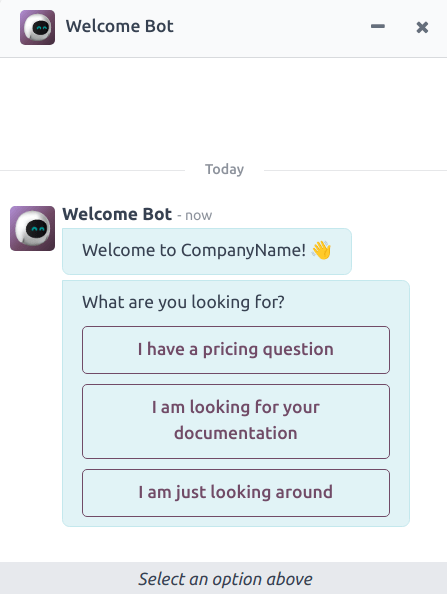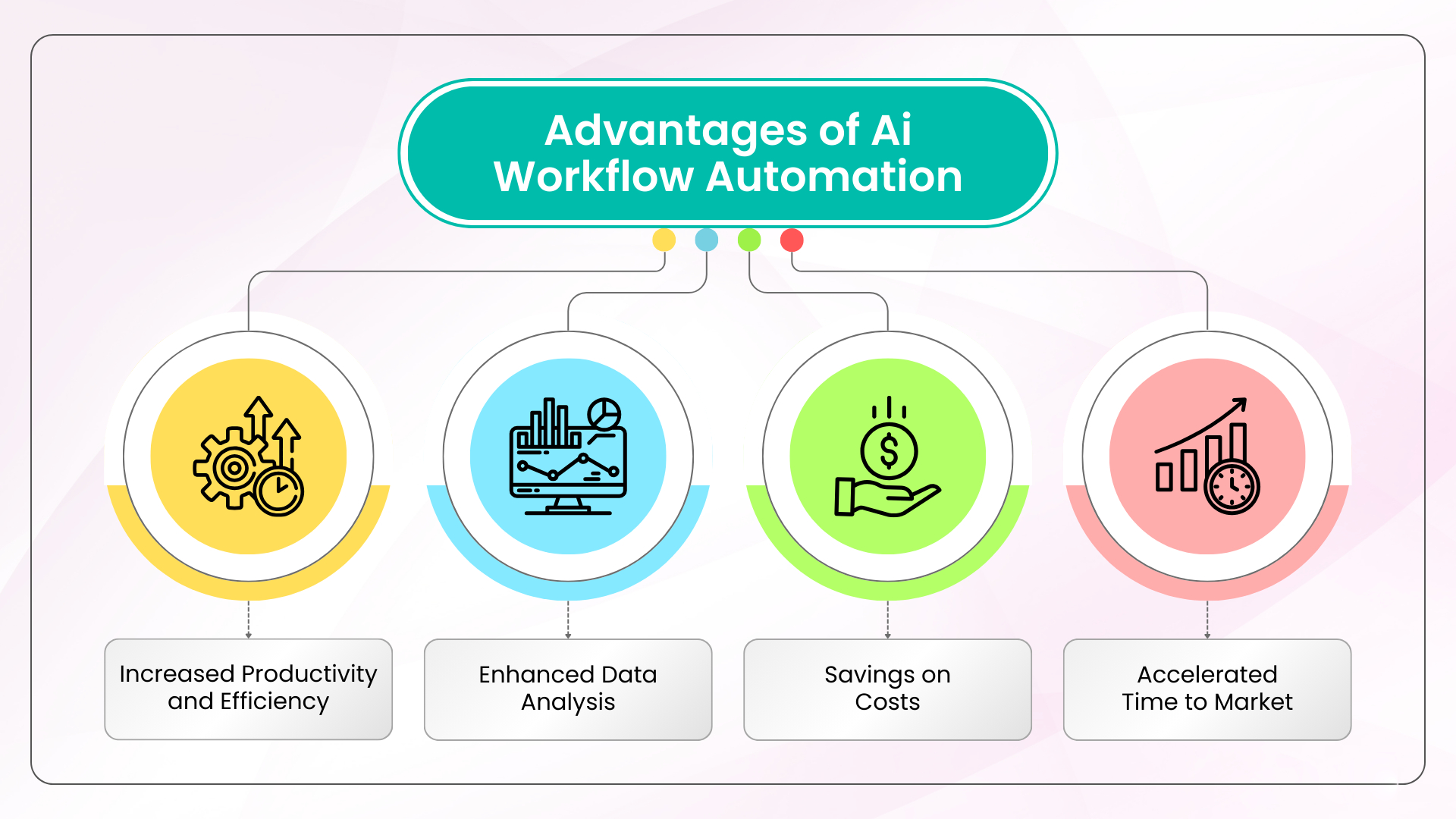In the digital age, where speed, efficiency, and data-driven decisions are essential, the integration of artificial intelligence (AI) has transformed how businesses operate. One of the leading platforms embracing this shift is Odoo, an all-in-one business management software. With over 7 million users globally, Odoo has become a versatile tool, offering a comprehensive suite of applications ranging from CRM to ERP, HR, and project management. However, the real revolution happens when AI is embedded into this platform. This combination not only enhances operational efficiency but also empowers businesses to automate routine tasks, predict trends, and deliver personalized customer experiences.
1. Understanding the Role of AI in Odoo
1.1 What is Odoo AI and Why Does It Matter?
Odoo AI represents the fusion of artificial intelligence with Odoo's existing business modules, enhancing the software's ability to automate, predict, and optimize operations. AI within Odoo leverages machine learning algorithms, natural language processing (NLP), and predictive analytics to transform raw data into actionable insights. It matters because businesses today are overwhelmed with data. From customer behaviors to market trends, the sheer volume of information can be daunting. Odoo AI steps in to process and analyze this data, enabling businesses to make smarter, faster, and more informed decisions. Whether you're running a small business or managing a large enterprise, Odoo AI helps bridge the gap between manual processing and full automation, ensuring smoother, more efficient operations.
1.2 Key AI-Driven Features in Odoo
Odoo’s AI-driven features provide a variety of tools to optimize business processes. These tools make it easier to manage complex operations while boosting productivity. Some standout features include:
- AI-Powered Sales Forecasting: This feature analyzes historical data to predict future sales trends. It can forecast product demand, helping businesses prepare for fluctuating markets by optimizing inventory levels and aligning production schedules.
- Automated Expense and Invoice Management: AI allows Odoo to automatically categorize and process invoices and expenses, streamlining the approval process. This reduces human error and accelerates financial operations, resulting in improved cash flow management.
- Chatbots for Customer Support: AI-driven chatbots integrated into Odoo can handle basic customer inquiries, reducing the need for human intervention and speeding up response times. This ensures better customer service and frees up customer support teams to focus on more complex issues.

- AI-Driven Email Marketing: Odoo’s AI helps optimize email marketing campaigns by analyzing customer behavior, suggesting the best times to send emails, and recommending content that resonates with different customer segments.
- Natural Language Processing for Data Insights: With NLP, Odoo can analyze text-based data, from customer feedback to social media mentions, and generate insights that help businesses refine their strategies.
1.3 Why Businesses Should Integrate AI into Odoo
By integrating AI into Odoo, businesses can unlock several tangible benefits:
- Operational Efficiency: Routine tasks like data entry, invoice processing, and customer service can be automated, significantly reducing the time and resources spent on manual processes.
- Enhanced Decision-Making: AI enables data-driven decisions by providing predictive insights based on historical and real-time data. This allows businesses to anticipate trends, make informed strategic choices, and mitigate risks.
- Personalized Customer Engagement: AI tools in Odoo can analyze customer behaviors and preferences, allowing businesses to tailor their products and services to individual customer needs. This leads to improved customer loyalty and higher sales.
- Cost Savings: AI-driven automation reduces operational costs by minimizing human errors and lowering the need for manual labor in certain business processes.
2. AI-Driven Enhancements in Business Processes
2.1 Automating Routine Tasks and Workflows with AI
One of the key advantages of AI in Odoo is its ability to automate repetitive and time-consuming tasks. Automation plays a critical role in ensuring that businesses remain competitive by allowing employees to focus on higher-value activities. Tasks such as updating databases, processing purchase orders, and managing workflows can be automated through Odoo’s AI-powered modules.
For example, in the retail industry, Odoo’s AI can automatically update inventory records as sales are made. This ensures that stock levels are always up to date, eliminating the risk of overstocking or stockouts. Additionally, AI can automate order tracking and customer notifications, providing real-time updates without requiring human intervention.
The automation of workflows extends beyond just inventory management. Businesses using Odoo AI can automate entire project management processes, from assigning tasks to tracking deadlines. This not only streamlines operations but also ensures that projects stay on schedule, with fewer delays and more efficient resource allocation.

2.2 Enhanced Data Analytics and Predictive Decision-Making
Data is the lifeblood of any modern business, and Odoo’s AI ensures that businesses can leverage this data to its fullest potential. AI algorithms within Odoo can analyze historical data to predict future trends, helping businesses make more accurate decisions.
For instance, in the manufacturing sector, Odoo AI can analyze equipment performance data to predict when machinery will require maintenance. This predictive maintenance capability reduces downtime, lowers maintenance costs, and increases the overall efficiency of the production process. Similarly, in sales and marketing, AI can forecast which products are likely to be in high demand based on previous buying patterns, enabling businesses to adjust their inventory and marketing strategies accordingly.
Moreover, AI enhances Odoo’s ability to provide real-time insights. Instead of relying on static reports, decision-makers can access dynamic data dashboards that update in real-time, giving them a clearer picture of how their business is performing. This level of insight allows for proactive decision-making, where businesses can respond to challenges and opportunities faster than ever before.
2.3 Delivering Personalized Customer Experiences Using AI
In an era where customer expectations are higher than ever, personalization is no longer a luxury but a necessity. Odoo’s AI capabilities allow businesses to deliver highly personalized experiences to their customers, driving higher engagement and loyalty.
For example, AI in Odoo can analyze customer purchasing behaviors and suggest personalized product recommendations based on individual preferences. This level of customization not only enhances the customer’s shopping experience but also increases the likelihood of repeat purchases and cross-selling opportunities.
Beyond product recommendations, AI enables businesses to tailor their marketing messages. By analyzing customer interactions across different channels—such as emails, social media, and website visits—Odoo’s AI can help businesses craft personalized marketing campaigns that resonate with specific audience segments. This increases the effectiveness of marketing efforts, resulting in higher conversion rates and improved return on investment (ROI).
Additionally, AI-driven chatbots integrated into Odoo allow businesses to offer personalized customer support around the clock. These chatbots can answer frequently asked questions, guide customers through the purchasing process, and even handle complaints, ensuring that customers receive timely and relevant assistance.
3. Real-World Applications of Odoo AI
3.1 Case Studies: Businesses Successfully Leveraging Odoo AI
Several businesses have successfully integrated Odoo AI into their operations, achieving remarkable results. One such example is a global retail chain that used Odoo AI to automate its customer service operations. By implementing AI-powered chatbots, the company reduced its reliance on human customer service agents, resulting in faster response times and improved customer satisfaction. Additionally, Odoo’s AI-driven inventory management system allowed the company to maintain optimal stock levels, reducing both overstock and stockouts, which saved millions in operational costs.
In the financial services sector, a mid-sized bank adopted Odoo AI for its fraud detection systems. By analyzing transaction patterns, Odoo’s AI was able to identify suspicious activities in real-time, preventing potential fraud before it occurred. This not only saved the bank from significant financial losses but also improved customer trust in the institution’s security measures.
In manufacturing, a company utilized Odoo AI for predictive maintenance, reducing machine downtime by 30%. By predicting when machinery was likely to fail based on historical data, the company could schedule maintenance proactively, avoiding costly repairs and improving production efficiency.
3.2 Tangible Improvements in Key Business Metrics
The measurable benefits of Odoo AI integration are evident across industries. Companies that have adopted Odoo AI have reported:
- 50% reduction in data entry errors, leading to more accurate record-keeping and improved decision-making.
- 40% increase in inventory turnover, thanks to AI-driven demand forecasting and automated reordering.
- 25% boost in customer satisfaction, driven by personalized experiences and faster response times.
- 30% reduction in operational costs, attributed to automation and improved resource management.
These improvements highlight the power of AI in driving business success and optimizing core operations.
3.3 Best Practices for Implementing Odoo AI
Businesses looking to implement Odoo AI should follow several best practices to ensure success:
- Start Small, Scale Gradually: Implement AI in specific areas first, such as automating invoicing or enhancing customer support, before expanding its use across other functions.
- Invest in Data Quality: AI’s effectiveness depends on the quality of the data it processes. Ensure that your business has clean, accurate, and well-structured data before deploying AI-driven solutions.
- Employee Training: While AI can automate many tasks, employees must still understand how to interact with AI tools effectively. Providing training ensures that staff can maximize the benefits of AI.
- Monitor and Optimize Continuously: AI implementations should be regularly monitored and fine-tuned based on performance metrics to ensure optimal results.
4. Conclusion
By integrating AI into Odoo, businesses can significantly improve efficiency, optimize decision-making, and deliver personalized experiences to customers. Companies ready to embrace AI-driven solutions will find Odoo a powerful tool for enhancing growth and competitive advantage.
How AI Enhances Odoo: A Game Changer for Business Management